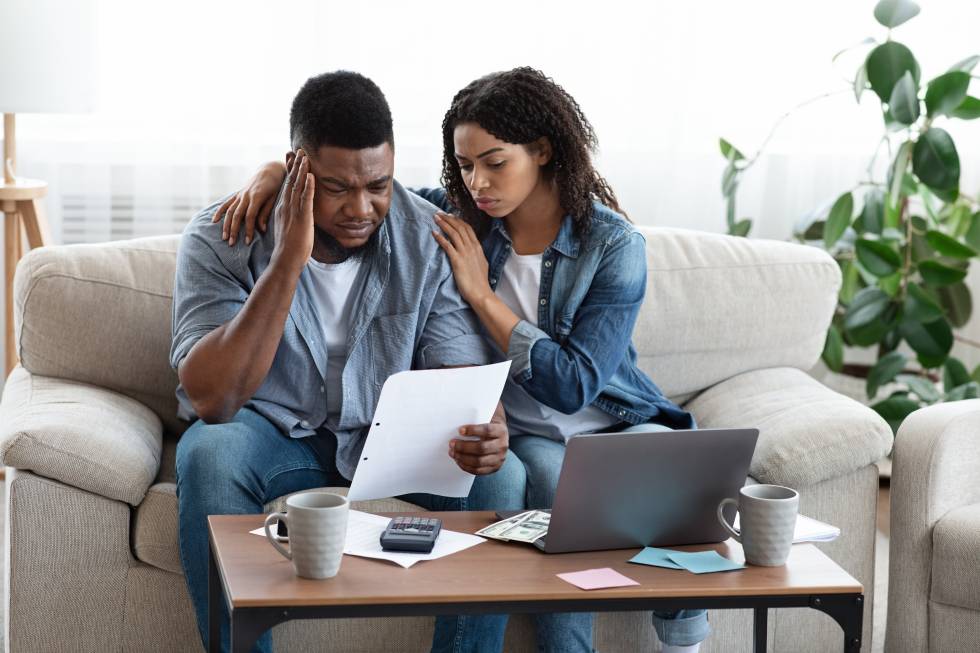If you are planning to file a personal bankruptcy, one of your major concerns is likely what will happen to your assets. Fortunately, bankruptcy law provides numerous exemptions that exclude certain types of property from being included in your bankruptcy estate. In other words, you will be able to keep the exempted property. It should be noted, however, that most exemptions provide a maximum dollar amount that can be exempted. In New Jersey, you have the option to use either the state or federal exemptions, so it is important to confer with us to determine which would be most advantageous to you.
How do exemption amounts work? An exemption limit is applied to the equity you have in property. Equity is the difference in value of the asset and what you owe on it. For example, if your home is valued at $100,000 and you owe $95,000 on your mortgage loan, it has an equity value of $5,000.
If you have several secured loans, such as vehicle and home loans, and you are current on your payments to the creditor, the equity is covered by the exemptions. In most cases, you can continue to make your loan payments and keep the property (pledged as collateral) in your bankruptcy. There are rare instances where all of the equity is not covered by an exemption. In this scenario, the trustee can decide to liquidate the asset to pay your creditors. Trustee’s often determine that there is not enough remaining equity to justify the time and expense to liquidate the asset, especially when you may be entitled to be paid the amount covered by the exemption.
If you are married and you decide to file a joint bankruptcy case, both husband and wife can claim a full set of exemptions (unless otherwise noted). If you want to keep non-exempt assets, you typically are required to pay the trustee the value of the non-exempt property.
To learn more about bankruptcy exemptions and how they will apply to your assets, contact the knowledgeable bankruptcy attorneys at Levitt & Slafkes today.
If you are interested in learning how filing a bankruptcy case can benefit you, contact Levitt & Slafkes, P.C., at 973-323-2953. You can also reach us by filling out our online form. We represent debtors in Chapter 7, Chapter 13 and Chapter 11 filings. Let us help you get the fresh financial start you need today.



